Table of Contents
Vladimir Putin, Russia’s dominant political figure for over two decades, has garnered both admiration and criticism for his leadership style and policies. While his tenure has seen Russia reemerge as a global player, it has also been marked by significant challenges and controversies. In this article, we delve into some of the key critiques of Putin’s leadership, examining the areas where his actions and policies have faced scrutiny and opposition.
Vladimir Putin’s enduring presence as Russia’s paramount political figure has indeed left an indelible mark on the nation’s trajectory, evoking a spectrum of opinions from around the world. It is essential to dissect some of the key critiques that have emerged during his tenure, shedding light on the facets of his leadership that have been met with skepticism and resistance.
1. Erosion of Democratic Institutions: One of the most significant criticisms leveled against Putin’s leadership is the perceived erosion of democratic institutions in Russia. Critics argue that under his rule, there has been a consolidation of power, with restrictions placed on political opposition, independent media and civil society. This has raised concerns about the state of democracy and political pluralism in Russia.
2. Human Rights Concerns: Putin’s tenure has witnessed allegations of human rights abuses, including restrictions on freedom of expression, assembly and association. The treatment of political dissidents, journalists and activists has drawn international condemnation and calls for greater adherence to human rights standards.
3. Foreign Policy Controversies: Putin’s foreign policy decisions, such as Russia’s annexation of Crimea in 2014 and its involvement in conflicts in Ukraine and Syria, have sparked international condemnation and sanctions. Critics argue that these actions have contributed to heightened tensions with Western nations and strained Russia’s relations with the international community.
4. Allegations of Electoral Manipulation: Concerns have arisen regarding the integrity of Russia’s electoral processes, with allegations of electoral manipulation and voter suppression. These allegations have cast doubt on the fairness and transparency of elections in Russia.
5. Economic Challenges: Despite periods of economic growth, Russia has faced economic challenges during Putin’s tenure, including fluctuations in global oil prices and economic sanctions. Critics argue that these economic challenges have hindered the country’s development and well-being.
6. Media Control: Accusations of state control or influence over the media landscape in Russia have raised concerns about the freedom of the press. Critics argue that this control limits independent reporting and fosters a climate of self-censorship.
7. Oligarchic Influence: Putin’s leadership has been associated with the rise of a new class of oligarchs who are closely connected to the Kremlin. Critics contend that this has contributed to economic inequality and a lack of transparency in Russia’s business environment.
It is important to note that Putin’s leadership style and policies have also garnered support both domestically and internationally. His strongman image, assertive foreign policy and emphasis on national sovereignty have resonated with many Russians and some international observers. However, the critiques outlined above underscore the complex and multifaceted nature of Putin’s leadership and its impact on Russia and the global stage. Examining these criticisms provides a more comprehensive understanding of the debates and controversies surrounding his rule.
If you’d like to dive deeper into this subject, there’s more to discover on this page: Article by Vladimir Putin ”On the Historical Unity of Russians and …
Democratic Erosion and Political Opposition
One of the most prominent criticisms of Putin’s leadership is the erosion of democratic institutions and the suppression of political opposition. Critics argue that Putin has centralized power, marginalized opposition voices and restricted civil liberties, undermining Russia’s democratic progress since the dissolution of the Soviet Union.
The arrest and imprisonment of figures like Alexei Navalny, a prominent critic of Putin’s government, have drawn international condemnation and accusations of political repression. These actions have fueled concerns about the state of political freedoms and pluralism in Russia.
One of the most prominent and enduring criticisms of Putin’s leadership revolves around the perceived erosion of democratic institutions and the suppression of political opposition within Russia. Critics argue that Putin has implemented policies and measures that have systematically centralized power in the executive branch of the Russian government, marginalized opposition voices and imposed restrictions on civil liberties, ultimately undermining the democratic progress that had been made in Russia since the dissolution of the Soviet Union.
Centralization of power has been a key facet of Putin’s governance style. Over the years, the presidency has gained more authority, often at the expense of other branches of government. Critics contend that this concentration of power has resulted in limited checks and balances, which are essential for a functioning democracy.
Furthermore, Putin’s government has been accused of restricting political opposition through various means. Laws and regulations, such as those governing political parties and elections, have been modified in ways that critics argue favor the ruling party and hinder the ability of opposition parties to compete effectively. The suppression of dissenting voices in the media and the use of state-controlled outlets to shape public opinion have also raised concerns about the fairness of political discourse in Russia.
The arrest and imprisonment of figures like Alexei Navalny, a prominent critic of Putin’s government, have garnered significant international attention and condemnation. Critics argue that such actions demonstrate a crackdown on political activism and opposition, further limiting the space for open and competitive politics in Russia.
These developments have fueled concerns, both domestically and internationally, about the state of political freedoms and pluralism in Russia. Advocates for democracy and human rights often call for the protection of civil liberties, freedom of speech and the right to engage in peaceful political activities without fear of retribution.
The issue of political freedoms and democracy in Russia continues to be a subject of debate and diplomatic tension between Russia and Western countries. It highlights the complex interplay between the values of democracy and human rights and the interests of nation-states in the realm of international relations.
In conclusion, criticisms surrounding the erosion of democratic institutions, the suppression of political opposition and restrictions on civil liberties under Putin’s leadership remain significant and contentious aspects of Russia’s political landscape. These issues reflect broader debates about the nature of democracy and governance in Russia and the challenges it faces in its path towards political pluralism and open competition.
Looking for more insights? You’ll find them right here in our extended coverage: GlobalTrends_2040.pdf
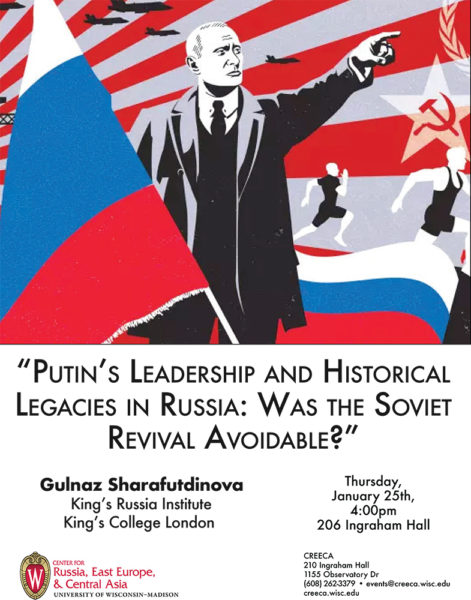
Media Control and Freedom of the Press
Putin’s control over the media has been a subject of criticism both domestically and internationally. State-controlled or state-influenced media outlets dominate the Russian media landscape, allowing the Kremlin to shape public narratives and control the flow of information.
Critics argue that this media control limits press freedom and stifles dissenting voices. Independent journalists and outlets that have challenged the government’s narrative have faced harassment, censorship and even violence.
The issue of media control under Putin’s leadership is indeed a complex and contentious one, drawing scrutiny from various quarters both within Russia and on the global stage. The dynamics of media control have far-reaching implications for press freedom, the diversity of voices and the flow of information in Russia.
State-Dominated Media Landscape: One of the key features of Russia’s media environment is the prominence of state-controlled or state-influenced media outlets. This concentration of media power allows the Kremlin to wield significant influence over public narratives and the dissemination of information. State-owned television channels and newspapers often convey messages that align with the government’s agenda, shaping public opinion in the process.
Narrative Control: Critics argue that this media control extends beyond mere ownership and reaches into the realm of narrative control. The state can influence the framing and presentation of news stories to reflect its preferred narrative. This has been particularly evident in coverage of political events, international relations and issues of national significance.
Press Freedom Concerns: The dominance of state-controlled media has raised concerns about press freedom and the ability of journalists to operate independently. Independent journalism outlets that aim to provide alternative perspectives or investigative reporting have faced significant challenges, including legal pressures, threats and harassment. This has led to a chilling effect on journalism, with some journalists resorting to self-censorship to avoid reprisals.
Dissenting Voices: Independent journalists and media outlets that have challenged the government’s narrative have often found themselves in precarious situations. Instances of censorship, closure of media outlets and even violence against journalists have been reported. These actions have led to a climate where dissenting voices struggle to find a platform and are at risk of repercussions for their work.
Global Implications: Russia’s media control has also had implications beyond its borders. International media outlets have raised concerns about access to information within Russia and the ability to provide accurate and balanced reporting on events in the country. This has fueled debates about the role of Russian media in shaping global narratives and perceptions.
In conclusion, Putin’s control over the media is a multifaceted issue with profound implications for the freedom of the press, the diversity of voices in public discourse and the flow of information both domestically and internationally. It remains a subject of ongoing debate and scrutiny, highlighting the complex relationship between media, government control and democratic values in Russia. The challenges faced by independent journalists and media outlets underscore the importance of press freedom as a cornerstone of a vibrant and informed society.
Should you desire more in-depth information, it’s available for your perusal on this page: Disinformation and Russia’s war of aggression against Ukraine
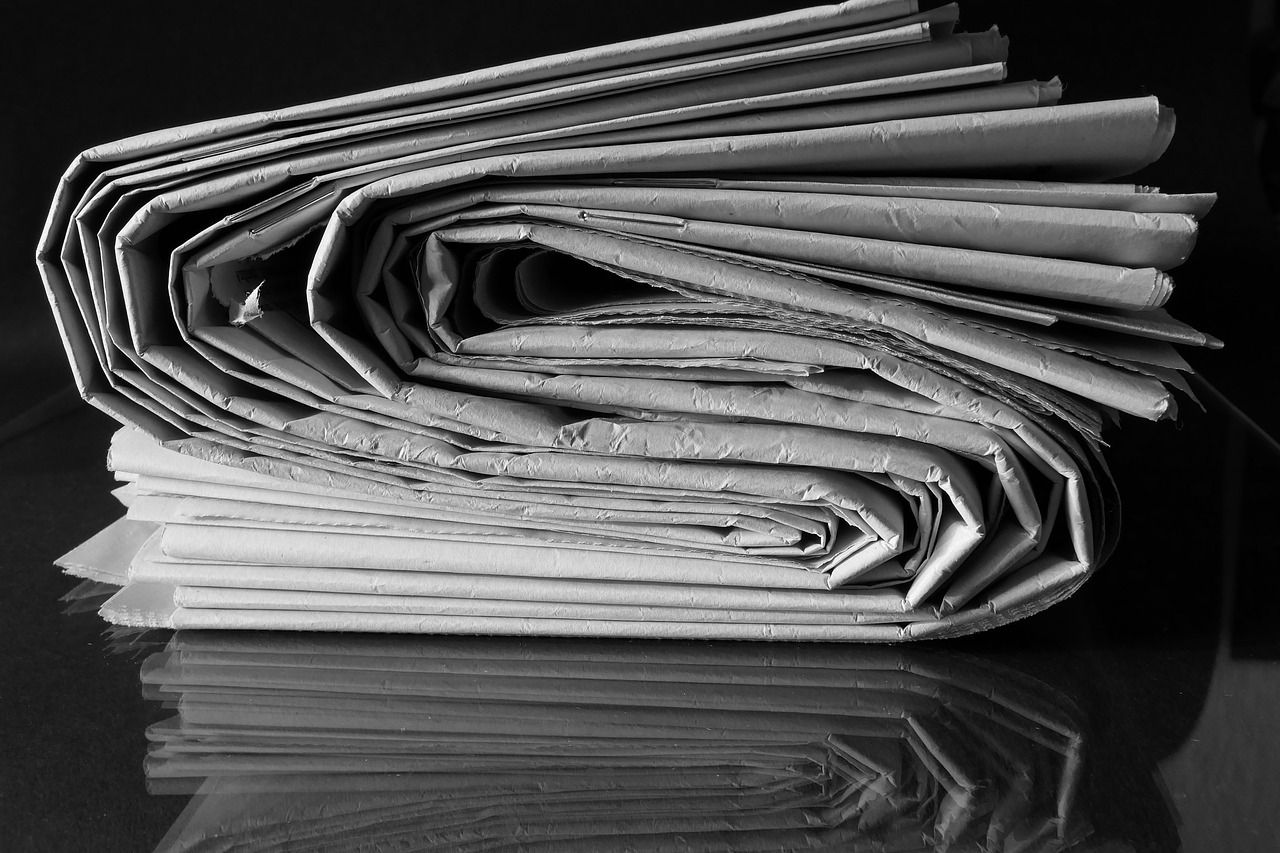
Human Rights Concerns
Putin’s government has faced allegations of human rights abuses, particularly in the context of crackdowns on civil society organizations and political activists. Concerns have been raised about the treatment of minority groups, restrictions on freedom of assembly and the use of force by security forces in various incidents.
International organizations and human rights advocates have pointed to these issues as indicators of a deteriorating human rights situation in Russia.
The allegations of human rights abuses within Putin’s government have indeed raised significant international concerns. These issues span a range of areas and have prompted scrutiny from both international organizations and human rights advocates:
Crackdowns on Civil Society: Putin’s administration has faced criticism for its crackdown on civil society organizations, including NGOs and advocacy groups. Restrictive legislation and regulations have made it increasingly challenging for these organizations to operate freely and some have been labeled as “foreign agents” or “undesirable organizations.” These measures have been viewed as limiting the space for civic engagement and advocacy.
Treatment of Political Activists: High-profile cases involving the treatment of political activists and opposition figures have garnered international attention. Instances of arrests, trials and imprisonment of figures like Alexei Navalny and the broader use of legal mechanisms to silence political dissent have raised concerns about the protection of political freedoms and the rule of law.
Minority Rights: Concerns have been voiced about the treatment of minority groups in Russia, particularly LGBTQ+ communities. Laws banning “gay propaganda” and reports of violence against LGBTQ+ individuals have sparked criticism and calls for greater protection of minority rights and freedoms.
Freedom of Assembly: Restrictions on the freedom of assembly have been a recurring issue. Protests and demonstrations have often faced heavy-handed responses from security forces, with allegations of excessive use of force and mass arrests. These incidents have raised questions about the right to peaceful assembly and the protection of demonstrators’ rights.
Media Freedom: Freedom of the press and media independence have also faced challenges. Instances of harassment, censorship and the closure of independent media outlets have been cited as indicators of a shrinking space for independent journalism in Russia.
International Response: The international community, including organizations like the United Nations and the European Union, has expressed concerns about these human rights issues. Sanctions and diplomatic pressure have been used as tools to encourage Russia to address these concerns and uphold international human rights standards.
It’s important to note that these allegations have been met with varying responses both within Russia and internationally. Some argue that they reflect a necessary approach to maintain social and political stability, while others view them as infringements on fundamental human rights and democratic principles.
In summary, the allegations of human rights abuses within Putin’s government have drawn global attention to a range of issues, from restrictions on civil society to treatment of political activists and minority groups. The international community continues to monitor these developments closely and engage with Russia to address concerns and promote the protection of human rights and fundamental freedoms.
To expand your knowledge on this subject, make sure to read on at this location: NATO Review – The consequences of Russia’s invasion of Ukraine …
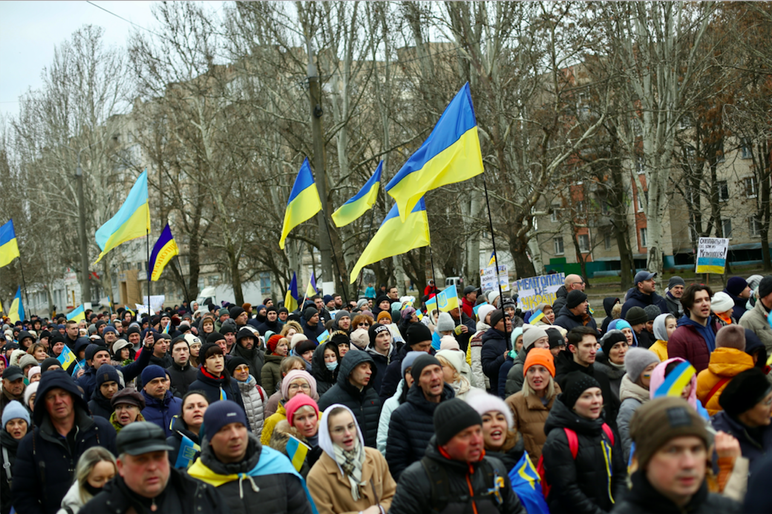
Allegations of Election Interference
Russia has been accused of interfering in the domestic politics of other countries, most notably in the United States. The allegations of Russian meddling in the 2016 U.S. presidential election led to investigations and diplomatic tensions.
While the Russian government has denied these allegations, they have contributed to a perception of Russia as an actor that seeks to undermine the democratic processes of other nations.
The allegations of Russian interference in the domestic politics of other countries, particularly the United States, have indeed been a contentious and diplomatically sensitive issue. This complex matter has had far-reaching implications, shaping international relations and perceptions of Russia. Here’s a more in-depth exploration of this multifaceted issue:
Accusations of Meddling: The accusations of Russian interference have centered on various aspects, including the spread of disinformation and propaganda on social media, cyberattacks on political organizations and attempts to influence public opinion. These allegations have raised concerns about the integrity of democratic processes and the potential manipulation of public sentiment.
Investigations and Diplomatic Tensions: In response to these allegations, the United States and other countries launched investigations to assess the extent and impact of Russian interference. These investigations, such as the Mueller Report in the United States, contributed to diplomatic tensions between Russia and Western nations. Sanctions and diplomatic expulsions were among the measures taken in response to these allegations.
Russian Denials: The Russian government has consistently denied allegations of interference in the domestic politics of other countries. Russian officials have characterized these accusations as unfounded and politically motivated. The denials have further strained diplomatic relations and led to a lack of trust between Russia and Western nations.
Perception and Soft Power: The allegations of interference have had a significant impact on Russia’s image in the international community. They have contributed to a perception of Russia as an actor that seeks to undermine democratic processes in other countries. This perception has implications for Russia’s soft power and its ability to shape global narratives and alliances.
Broader Implications: Beyond the specific allegations, the issue of foreign interference in domestic politics has broader implications for international relations. It has prompted discussions about cybersecurity, information warfare and the safeguarding of democratic processes in an increasingly interconnected world. These discussions have implications for how nations protect their sovereignty and the integrity of their political systems.
Complex Geopolitical Landscape: It’s important to recognize that allegations of interference are not unique to Russia and have been leveled against other nations as well. The issue underscores the complexities and challenges of navigating the geopolitical landscape in an era of rapid technological advancement and information dissemination.
In conclusion, the allegations of Russian interference in the domestic politics of other countries have been a contentious and multifaceted issue with significant implications for international relations. These allegations have contributed to diplomatic tensions, raised questions about the protection of democratic processes and shaped perceptions of Russia’s role on the global stage. Understanding this issue requires a nuanced examination of the evidence, diplomatic responses and the broader implications for international politics and cybersecurity.
Don’t stop here; you can continue your exploration by following this link for more details: Election Security Rumor vs. Reality | CISA
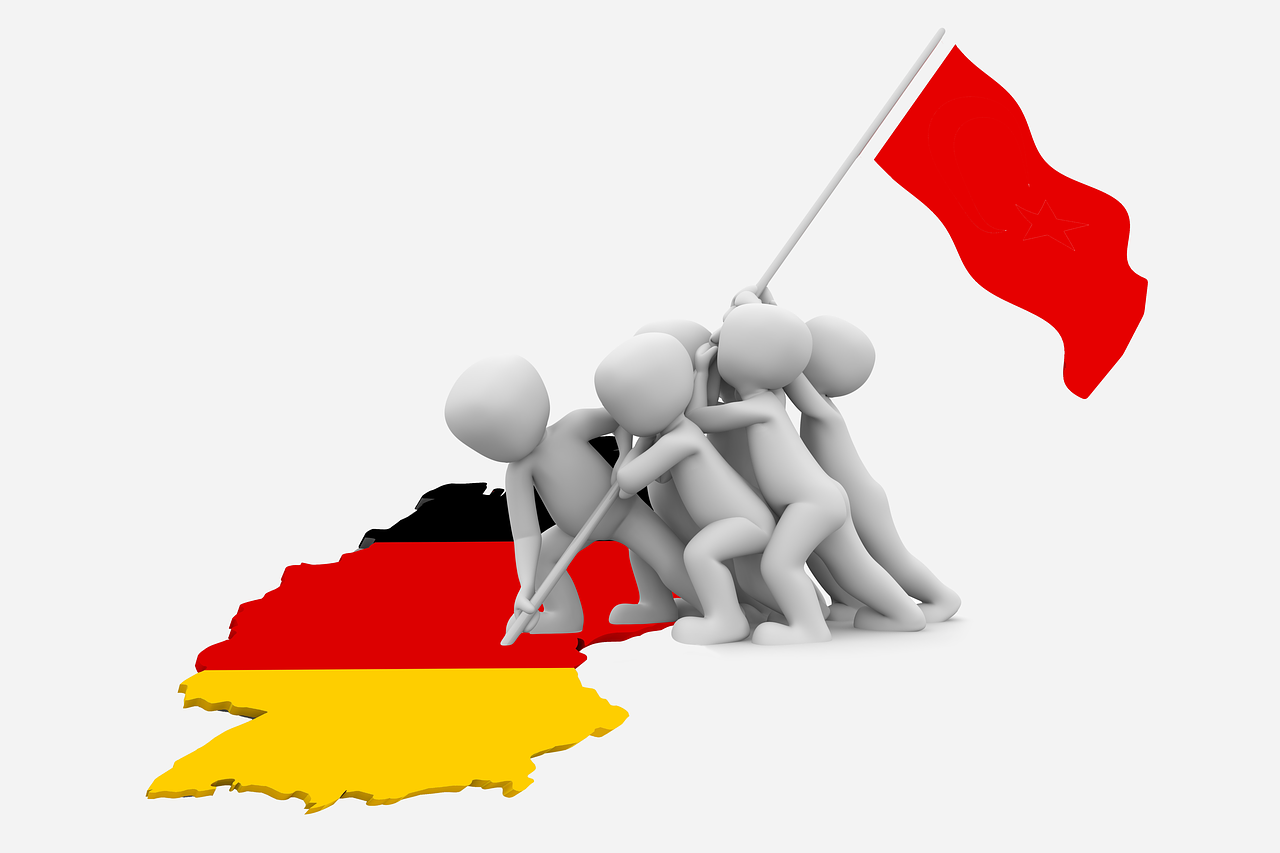
Geopolitical Tensions and Conflicts
Putin’s assertive foreign policy, particularly in regions like Ukraine and Syria, has led to geopolitical tensions and conflicts with Western nations. The annexation of Crimea in 2014 and ongoing conflict in eastern Ukraine have resulted in sanctions and strained relations with the European Union and the United States.
Russia’s intervention in Syria, while framed as a counterterrorism effort, has also sparked controversy and raised concerns about its role in the Middle East.
Vladimir Putin’s assertive foreign policy, especially in regions like Ukraine and Syria, has indeed been a source of significant geopolitical tensions and conflicts with Western nations. These actions have had far-reaching implications for global diplomacy and have reshaped Russia’s standing on the world stage.
The annexation of Crimea in 2014 was a watershed moment that sent shockwaves through the international community. Russia’s move to incorporate Crimea into its territory was met with swift condemnation and resulted in sanctions imposed by the European Union and the United States. The ensuing conflict in eastern Ukraine, involving support for separatist movements, further exacerbated tensions. The ongoing conflict has not only had humanitarian consequences but has also strained diplomatic relations between Russia and Western nations, leading to a prolonged period of diplomatic standoffs and negotiations.
Russia’s intervention in Syria, framed as a counterterrorism effort, has similarly ignited controversy and raised concerns about its role in the Middle East. While Russia’s stated objective was to combat extremist groups, its support for the Assad regime and involvement in the Syrian conflict drew international scrutiny. It reshaped the dynamics of the Syrian conflict and positioned Russia as a key player in the region’s geopolitics, often at odds with the interests of Western nations and their allies.
These assertive foreign policy actions have posed significant challenges to international cooperation and diplomacy. They have led to a reevaluation of Russia’s role in the global order and triggered debates about the balance of power in an increasingly multipolar world. The resulting sanctions, diplomatic expulsions and the suspension of various forms of cooperation have had economic and political ramifications for Russia and its relations with the West.
It’s important to note that these actions have been met with mixed reactions globally. While they have contributed to Russia’s image as a resurgent global power, they have also prompted concerns about the erosion of international norms and the impact on regional stability. The conflicts in Ukraine and Syria have persisted for years, underscoring the complex and enduring nature of the challenges they pose to global security and diplomacy.
In conclusion, Putin’s assertive foreign policy actions have had profound and lasting consequences for geopolitics, international relations and the balance of power in the world. They have triggered tensions and conflicts with Western nations while reshaping Russia’s position in the global order. These actions remain subjects of ongoing diplomatic efforts, negotiations and debates about the path forward in addressing the complex challenges they present.
For a comprehensive look at this subject, we invite you to read more on this dedicated page: GlobalTrends_2040.pdf
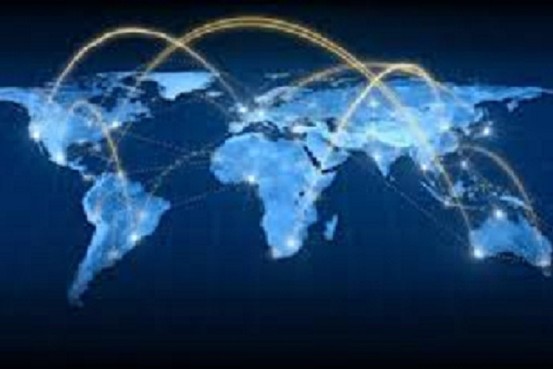
Critiques of Putin’s leadership span a range of issues, from democratic erosion and human rights concerns to allegations of election interference and geopolitical tensions. While Putin’s tenure has seen Russia assert itself on the global stage, these challenges and controversies have also shaped the international perception of Russia’s leadership.
As Russia continues to navigate its role in the world, addressing these critiques will be crucial in shaping its relations with other nations and its trajectory in domestic politics. The ongoing debate and analysis of Putin’s leadership underscore the complexities of contemporary Russian politics and its place in the international community.
Should you desire more in-depth information, it’s available for your perusal on this page: Iran dialogue better than sanctions: Putin | Reuters
More links
Should you desire more in-depth information, it’s available for your perusal on this page: Iran dialogue better than sanctions: Putin | Reuters
